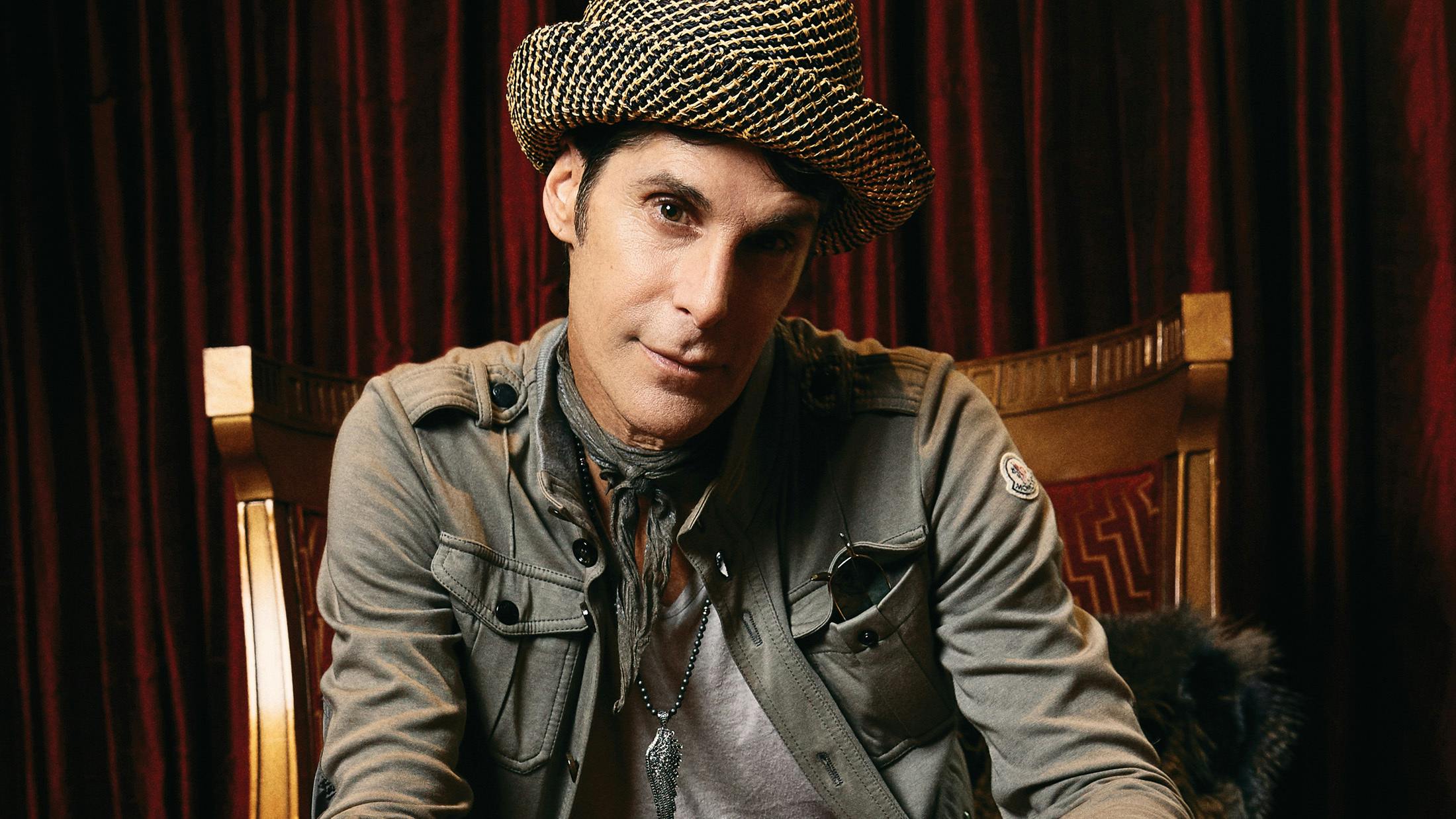What’s been the lasting effect on you?
“Every day there is some moment where I’ll go back to what happened. But then I fast-forward to the present day and I wonder whether that whole period of trauma was what caused this fire and passion in me. As a result, I treat my wife with such dignity. I am faithful and dutiful as a husband and a father. You should try to take the worst thing that happens to you and use it as an inspiration in your life.”
There’s a song on your new album called More Than I Could Bear, which is about a more recent ‘encounter’ with your mother…
“In 1993-94, my mum spoke to me through my girlfriend at the time. When my girlfriend had fallen asleep, my mum spoke to me through her for five minutes. I asked my mum why she’d taken her own life, as I couldn’t understand why she’d go as far as that when she had children, and her answer was, ‘I was desperate.’ It was more than she could bear.”
What were your other early interests, aside from music?
“In high school I was the undefeated New York State wrestling champion. I was only wrestling kids who weighed about 113lb, but I was beating their ass. After I won the championship, there was nowhere else for me to go, because I certainly wasn’t going to become a professional wrestler. You look at yourself in the mirror and think, ‘It’s fine if you can kick the ass of kids your own size, but there’s a lot of men out there bigger than you, so what are you going to do instead?’”
Is that when you considered being a musician?
“I thought I could be a frontman because David Bowie and Mick Jagger were skinny guys like me. I could certainly move and groove. I was a good singer, too. Even as a little boy I wrote songs. Do you want to hear one? (Perry sings an early composition called Alabooni.)”
Were you encouraged in this pursuit?
“No. While some kids were sent to music school to help them develop, I wasn’t. I had a friend, Kenny, who had a drum kit, and another friend, Mitch, who had a guitar, but my parents didn’t want me to have an instrument because they didn’t want the noise.”
What made you realise that it was a viable option?
“When I started out I idolised Lou Reed, Iggy Pop and David Bowie. It was very important that as a songwriter I lived a life worthy of song. My attitude was that a great songwriter writes about their own life and what they know, but you can’t write a great song if you don’t have a great life. If your life is a bore, you’re going to end up writing about some bullshit you’ve never experienced.”
How wild were the early days of Jane’s Addiction?
“We called ourselves Jane’s Addiction, inspired by our roommate Jane, who partied with us. We would all score dope and bring it back to our place on Wilton [in Los Angeles], this crazy two-storey place. I brought musicians from different bands to be my roommates so that we could afford the place, and we made a rehearsal studio out of the garage that we would take turns using. Those were humble beginnings.”
